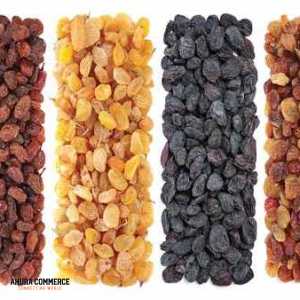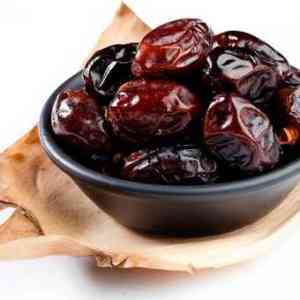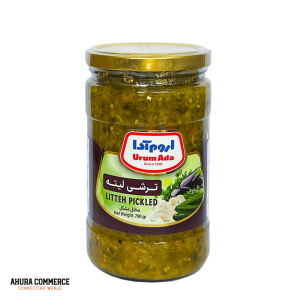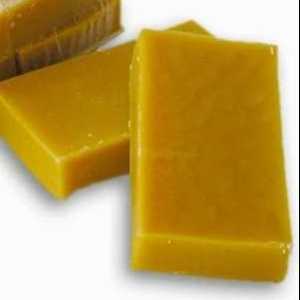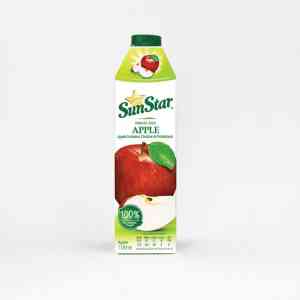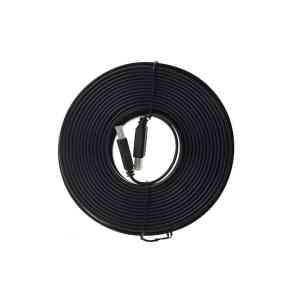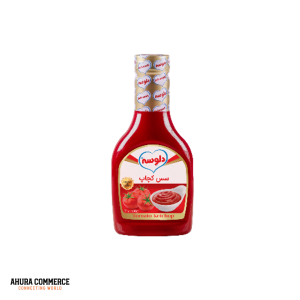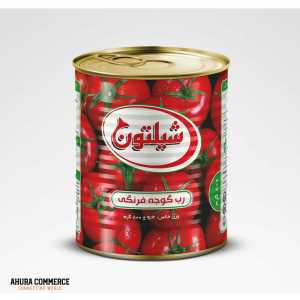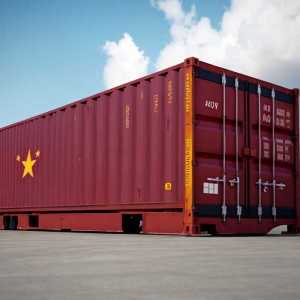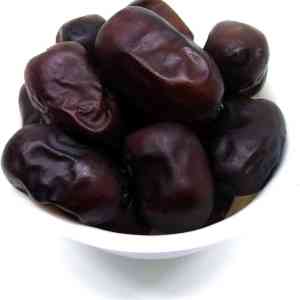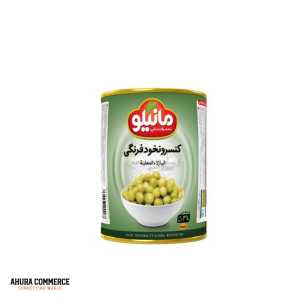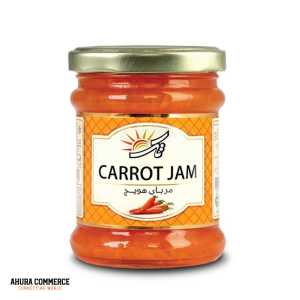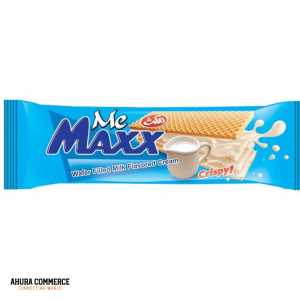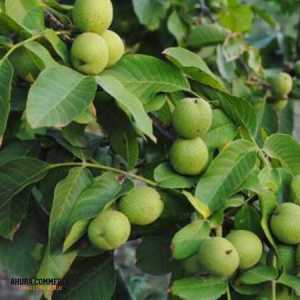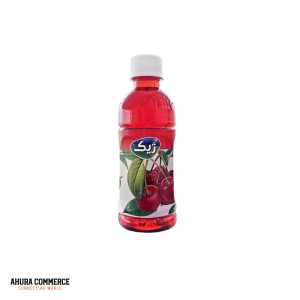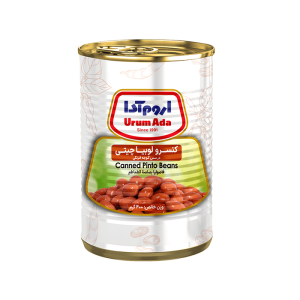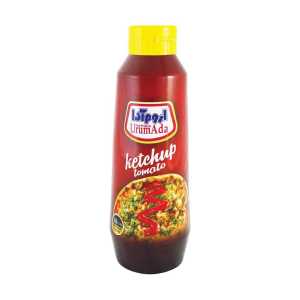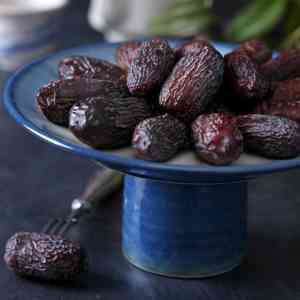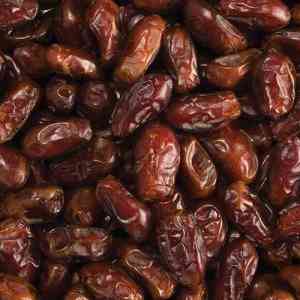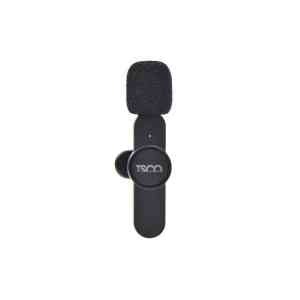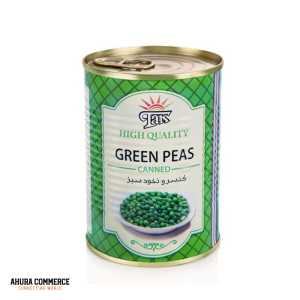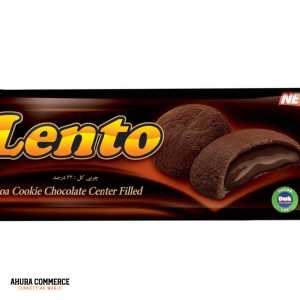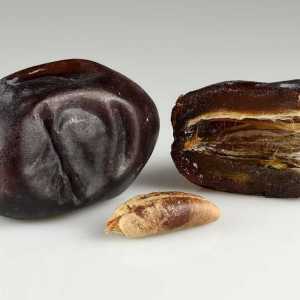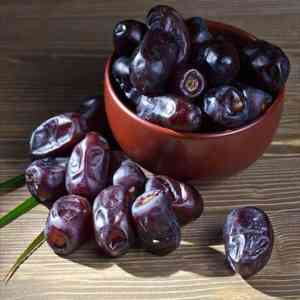Categories
- Agriculture
- Food and Beverage
- Cars and auto parts
- Electrics and Electronics
- Exchange
- Fashion and accessories
- Metallurgy Rubber & Plastics
- International Transportation
- Weaving, textiles
- Building Construction
- Chemicals
- Dairy
- Fruits and Vegetables
- Nuts and Spices
- Gifts and Toys
- Health and Beauty
- Home Appliances
- Livestock and poultry
- Machinery and Tools
- Row materials
- Office appliances
- Customs Clearance
- Home
- Food and Beverage
- Exporting pickle to Kuwait
Please login
Login-
Advert ID: 854
-
Displayed: 19
-
Added: 2024-10-05 14:36:52
Exporting pickle to Kuwait
Description
Exporting pickle from Iran to Kuwait
Exporting pickle to Kuwait
Kuwait, one of the richest countries in the Persian Gulf and among the most vibrant economies in the Middle East, has seen significant growth in its food and beverage sector in recent years, in addition to dominating the oil industry. With the expanding demand for diverse and international food products, Kuwait has become an attractive market for food exporters. Among these products, pickles have gained considerable popularity with their spicy and distinctive taste, which has led to an increase in exporting pickle to Kuwait. With strong purchasing power and a growing appetite for global flavors, the Kuwaiti market offers numerous opportunities for pickle exporters. In addition, the growth of Kuwait's food service sector, including restaurants and hotels, has increased the demand for imported pickled products. In this article, we examine the factors that cause the increasing popularity of pickles in Kuwait and the opportunities and challenges of businesses related to the export of pickles to Kuwait.
Demand for pickles in Kuwait
Pickles have a long history in Middle Eastern cooking, often served as a side dish or used to add flavor to food. Kuwait is no exception to this rule. Pickles are popular among local consumers not only in homes but also in restaurants and street food vendors. Pickles are commonly found in Kuwaiti kitchens, served with rice dishes, grilled meats, and sandwiches.
In recent years, exporting pickles to Kuwait has received attention due to the evolving food habits in this country. There is a growing interest in diverse and international flavors, and pickles from different countries offer unique flavors that appeal to both expats and locals alike. With a significant expatriate population, Kuwait's food market has become a melting pot of culinary tastes. Known for their long shelf life and variety, pickles meet the growing demand for ready-to-eat and convenient food products in Kuwaiti households.
Why export pickles to Kuwait?
- A diverse and growing market: Kuwait's population includes not only native Kuwaitis but also a large number of expatriates from India, Pakistan, the Philippines and other countries. This multicultural population leads to a wide range of culinary preferences, with pickles being an essential part of many different cuisines. Exporters who can cater to these diverse tastes have a large potential customer base.
- Health-conscious consumers: Like many countries in the Persian Gulf, Kuwait is also witnessing the expansion of health-conscious consumers. People prefer natural food, without preservatives and minimally processed. Pickles, when made with natural ingredients and traditional methods, are attractive to this growing sector. This is a unique opportunity for exporters to promote their products as healthy, naturally fermented options.
- Long shelf life: Pickles are known for their long shelf life, which makes them ideal for export. Kuwait's warm climate means that consumers and retailers value food products that can be stored for long periods of time without loss of quality. Exporting pickles to Kuwait offers a product that can withstand long-term transportation and storage and retain its flavor and freshness.
- Rising demand in the Horeca (hotel, restaurant and cafe) sector: Kuwait's booming food service industry, including hotels, restaurants and cafes, is also driving demand for pickles. Since pickles are a main companion in various dishes, the Horeca sector is one of the main buyers. Exporters looking to enter the Kuwaiti market should consider not only the retail sector but also the wholesale restaurant and catering market.
Market trends and opportunities
The growing demand for gourmet food products and handicrafts in Kuwait creates more opportunities to export pickles to Kuwait. Consumers are increasingly interested in high-quality, handcrafted pickles made with organic ingredients and unique flavors. Exporters who can offer premium pickles, such as organic, gluten-free options, or exotic flavors, can benefit from the premium food segment.
In addition, Kuwait's retail sector is growing rapidly, with several international supermarket chains and local grocery stores competing for market share. These stores actively seek to supply diverse and international products to meet the demands of their multicultural customers. Exporters who can connect with these retailers will have a better chance of succeeding in the market.
Challenges of exporting pickles to Kuwait
Despite the many opportunities, exporting pickles to Kuwait also faces challenges. One of the main obstacles is the fierce competition of domestic and international brands. Several countries, including Turkey, India and Lebanon, already have a strong presence in the Kuwait pickle market, and it is important for new exporters to differentiate their products by offering unique flavors, competitive pricing or superior quality.
Another challenge is Kuwait's economic volatility, which can affect consumer purchasing power. While Kuwait is generally a wealthy country, changes in oil prices and global economic conditions can affect the cost of non-essential goods, including gourmet and imported food products.
Finally, shipping costs can be significant due to Kuwait's geographic location. Exporters must take these costs into account when pricing their products to ensure they remain competitive and still maintain profitability.
Location
Exporting pickle to Kuwait

Ahura Commerce facilitates seamless international trade. Our platform empowers businesses of all sizes to navigate import/export regulations, connect with global partners, and optimize logistics. Leverage our expertise and network to achieve sustainable growth in today's interconnected marketplace.



